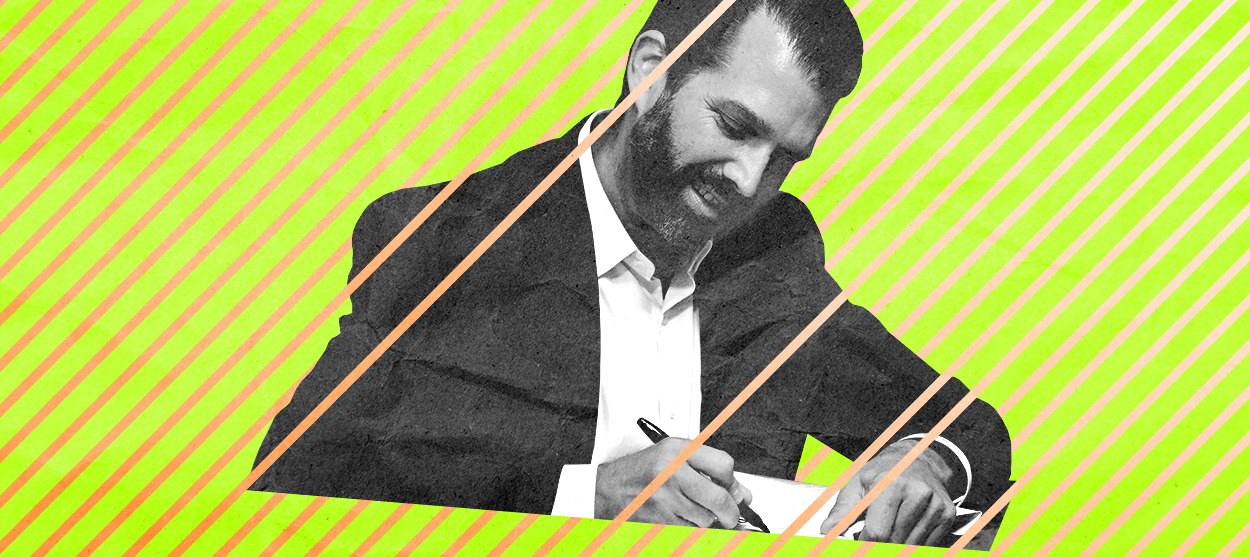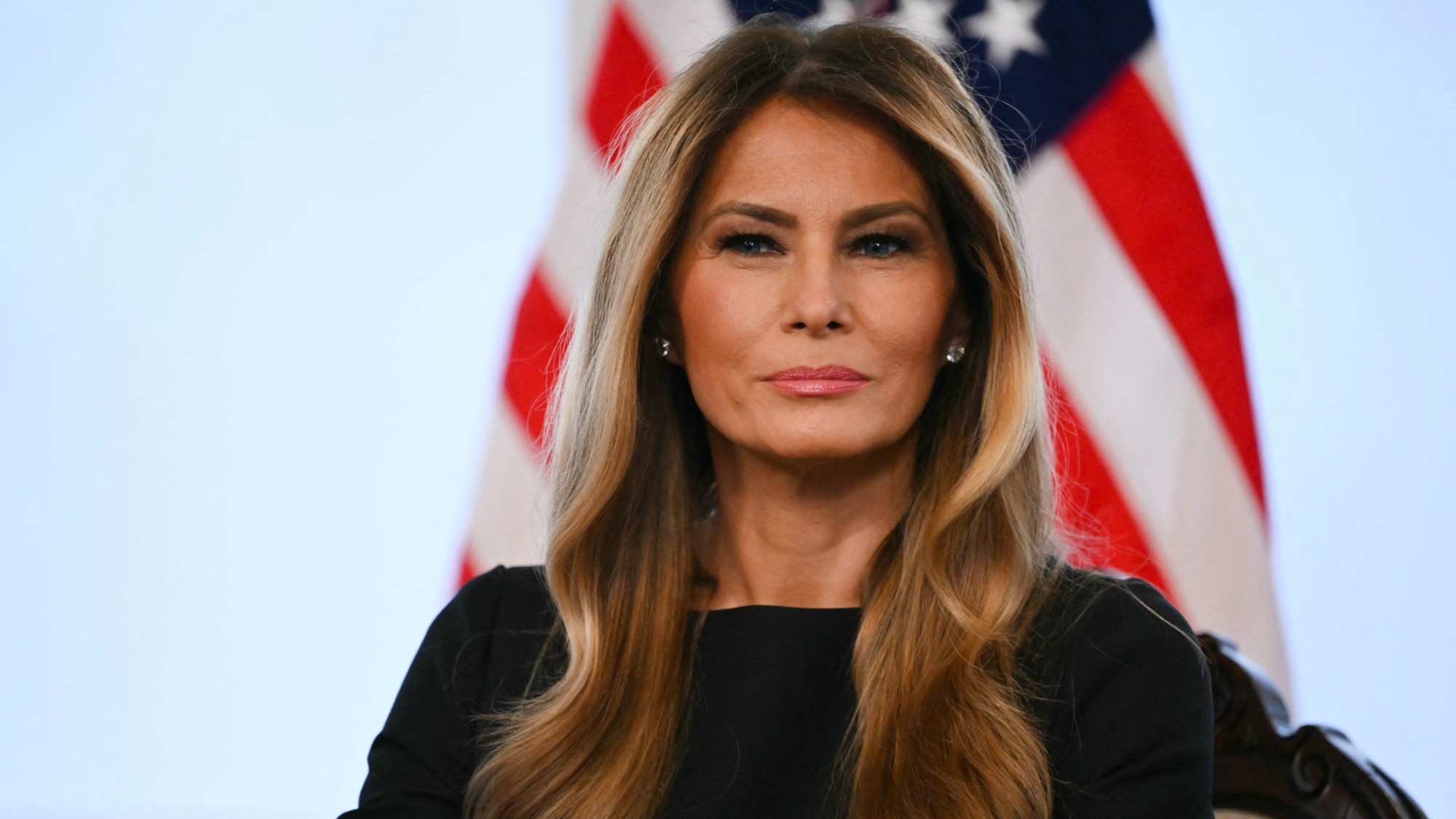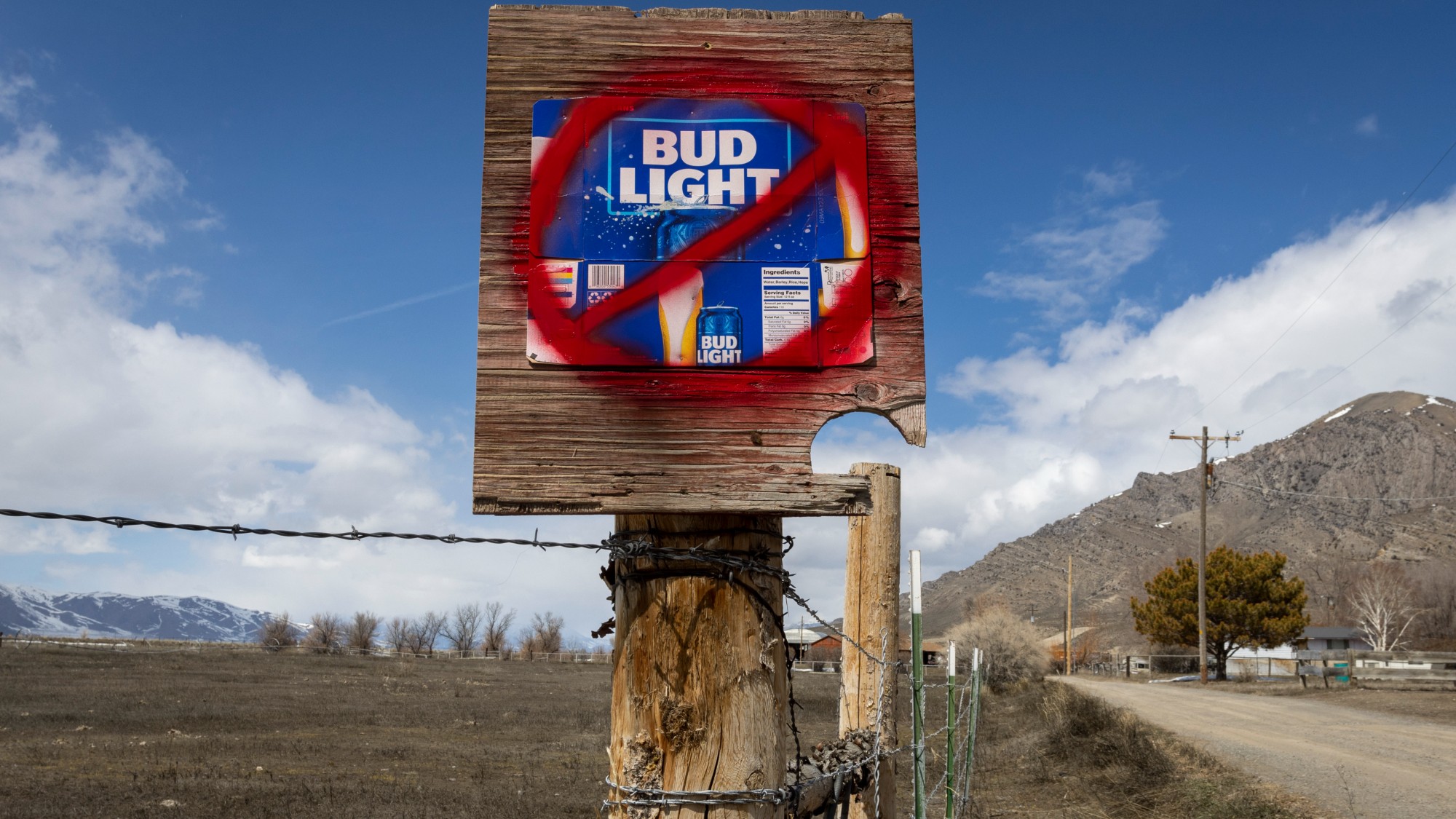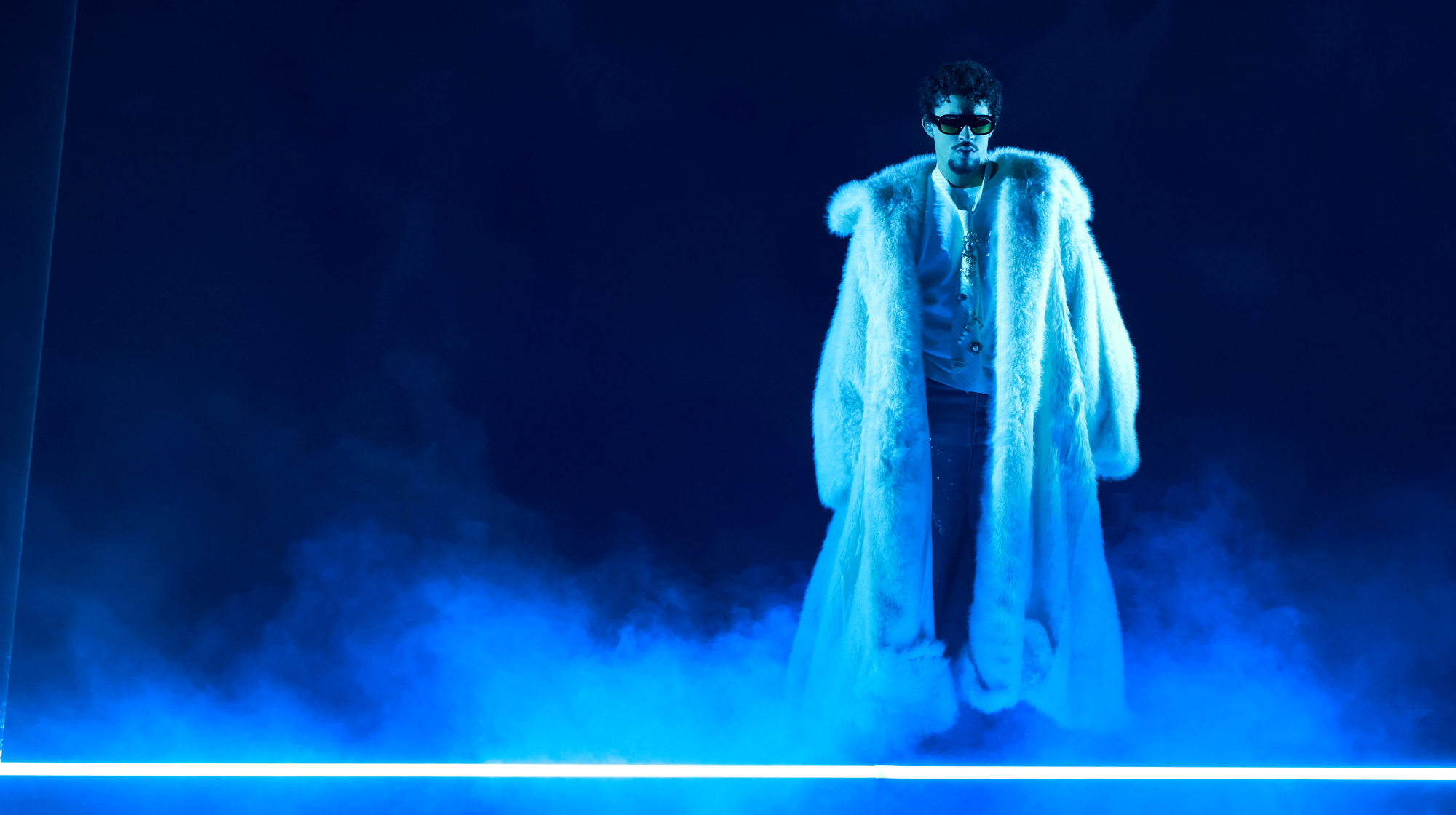Donald Trump Jr. is unfortunately right about the future for conservative publishing
Is the conservative imprint doomed?


A free daily email with the biggest news stories of the day – and the best features from TheWeek.com
You are now subscribed
Your newsletter sign-up was successful
When the president's eldest son, Donald Trump Jr., announced in July that he had used his time in quarantine to write his second book, Liberal Privilege: Joe Biden and the Democrats' Defense of the Indefensible (out Tuesday), the news was immediately met with ridicule. Having eschewed an offer from Center Street, the imprint of Hachette that published his first book, Triggered, Trump was self-publishing Liberal Privilege, thereby following in the footsteps of the authors of How to Avoid Huge Ships and "the worst book ever," Moon People.
On top of that, he'd made an embarrassing typo on his cover, which never would have slipped past the copy editors at one of the Big Five publishing houses:
But the typo, counterintuitively, emphasizes exactly why self-publishing increasingly attracts conservative writers like Trump Jr., who called his approach "a shot across the bow" to traditional publishers. The lack of oversight is the appeal.
The Week
Escape your echo chamber. Get the facts behind the news, plus analysis from multiple perspectives.

Sign up for The Week's Free Newsletters
From our morning news briefing to a weekly Good News Newsletter, get the best of The Week delivered directly to your inbox.
From our morning news briefing to a weekly Good News Newsletter, get the best of The Week delivered directly to your inbox.
Conservative publishing has long been considered a "reliable cash cow" by publishers, having risen out of "right-wing radio and cable in the 1980s" and "exploding during Bill Clinton's presidency," then continuing to thrive "under President Obama as right-wing writers forged a united front as ideological underdogs," The New York Times reports. At many publishing houses, all conservative titles tend to get lumped under the same imprint; Penguin Random House's Sentinel, as just one example, published both Rod Dreher's The Benedict Option, described by David Brooks in The New York Times as "the most discussed and most important religious book of the decade," and also Edward Klein's 2005 "biography" of Hillary Clinton, The Truth About Hillary, which drew the National Review to claim "nobody on the right, left, or center ought to stoop to this level" while the author himself has been "generally greeted with strong skepticism, statements of disbelief, and downright mockery from many in the political media world — including conservatives," Vox reports.
Imprints continue to mix legitimate conservative voices alongside books by right-wing celebrities that contain blatant falsehoods, conspiracy theories, and score-settling narratives, thereby elevating the latter (when it came out that conservative author and Trump appointee Monica Crowley had plagiarized large sections of her book, the Trump transition team quickly pointed to the fact that her publisher, HarperCollins, was "one of the largest and most respected publishers in the world.") What's changed is that houses face new demands by readers, critics, and employees to fact-check books prior to publication — a practice long considered too expensive for publishers to do with any regularity, if at all — and have likewise found themselves being held accountable morally for what they put on shelves.
Simon & Schuster ultimately canceled a six-figure book deal with right-wing provocateur Milo Yiannopoulos in 2017 after the author faced backlash for comments defending sex with minors (he went on to self-publish Dangerous instead). Hachette, the would-be publisher of Woody Allen's new memoir, ditched the book after its employees revolted, setting a precedent for controversial titles to come. HarperCollins' Broadside Books imprint finally decided Crowley's book was "not at the level of intellectual rigor" it required, and recalled all the copies, an expensive procedure but also not its first time needing to disappear a fabricated work.
"Being forced to tell the truth is not an existential issue for most of publishing; it is for conservative imprints," The New Republic explains as the industry begins to clean itself up. And though Trump Jr.'s decision to self-publish seems to be a money-grab more than anything — it's not like Liberal Privilege was rejected or even "canceled" — it keeps its author free of any accountability in what he writes, too. "This is a political pamphlet, not a book," Peter Osnos, the founder of the nonfiction imprint PublicAffairs, told The New York Times of Liberal Privilege. "It hasn't been subjected to any measure of quality or accuracy."
A free daily email with the biggest news stories of the day – and the best features from TheWeek.com
There are, of course, respectable conservative writers who will pass fact checks (and progressive writers who will fail them), but for writers like Trump Jr., who want to stoke their faux-rebellious reputations, self-publishing affords them, ironically, the credibility with their supporters of being "uncensored" (a privilege Junior doesn't even have on Twitter anymore, as the platform becomes more rigorous about holding public figures to facts).
It's true Trump Jr. has fired a shot across the bow of traditional publishers as self-publishing becomes an appealing alternative for conservative writers both financially and politically. But for the imprints that have legitimized falsehoods with their reputable logos for decades, it's time to say good riddance.
Jeva Lange was the executive editor at TheWeek.com. She formerly served as The Week's deputy editor and culture critic. She is also a contributor to Screen Slate, and her writing has appeared in The New York Daily News, The Awl, Vice, and Gothamist, among other publications. Jeva lives in New York City. Follow her on Twitter.
-
 What is the endgame in the DHS shutdown?
What is the endgame in the DHS shutdown?Today’s Big Question Democrats want to rein in ICE’s immigration crackdown
-
 ‘Poor time management isn’t just an inconvenience’
‘Poor time management isn’t just an inconvenience’Instant Opinion Opinion, comment and editorials of the day
-
 Bad Bunny’s Super Bowl: A win for unity
Bad Bunny’s Super Bowl: A win for unityFeature The global superstar's halftime show was a celebration for everyone to enjoy
-
 Melania: an ‘ice-cold’ documentary
Melania: an ‘ice-cold’ documentaryTalking Point The film has played to largely empty cinemas, but it does have one fan
-
 Could smaller cars bring down vehicle prices?
Could smaller cars bring down vehicle prices?Today’s Big Question Trump seems to think so, but experts aren’t so sure
-
 How Maga fell out of love with beer
How Maga fell out of love with beerIn The Spotlight Right-wingers in the US have boycotted beverage brands that fell foul of culture war, and now some are going fully sober
-
 Bad Bunny headlining the Super Bowl thrills and rankles
Bad Bunny headlining the Super Bowl thrills and ranklesIN THE SPOTLIGHT The Puerto Rican superstar’s upcoming halftime performance has fans ecstatic, even as some conservatives gripe
-
 One Battle After Another: a ‘terrifically entertaining’ watch
One Battle After Another: a ‘terrifically entertaining’ watchThe Week Recommends Paul Thomas Anderson’s latest release is a ‘high-octane action thriller’ and a ‘surefire Oscar frontrunner’
-
 Trump says Smithsonian too focused on slavery's ills
Trump says Smithsonian too focused on slavery's illsSpeed Read The president would prefer the museum to highlight 'success,' 'brightness' and 'the future'
-
 Trump to host Kennedy Honors for Kiss, Stallone
Trump to host Kennedy Honors for Kiss, StalloneSpeed Read Actor Sylvester Stallone and the glam-rock band Kiss were among those named as this year's inductees
-
 White House seeks to bend Smithsonian to Trump's view
White House seeks to bend Smithsonian to Trump's viewSpeed Read The Smithsonian Institution's 21 museums are under review to ensure their content aligns with the president's interpretation of American history
